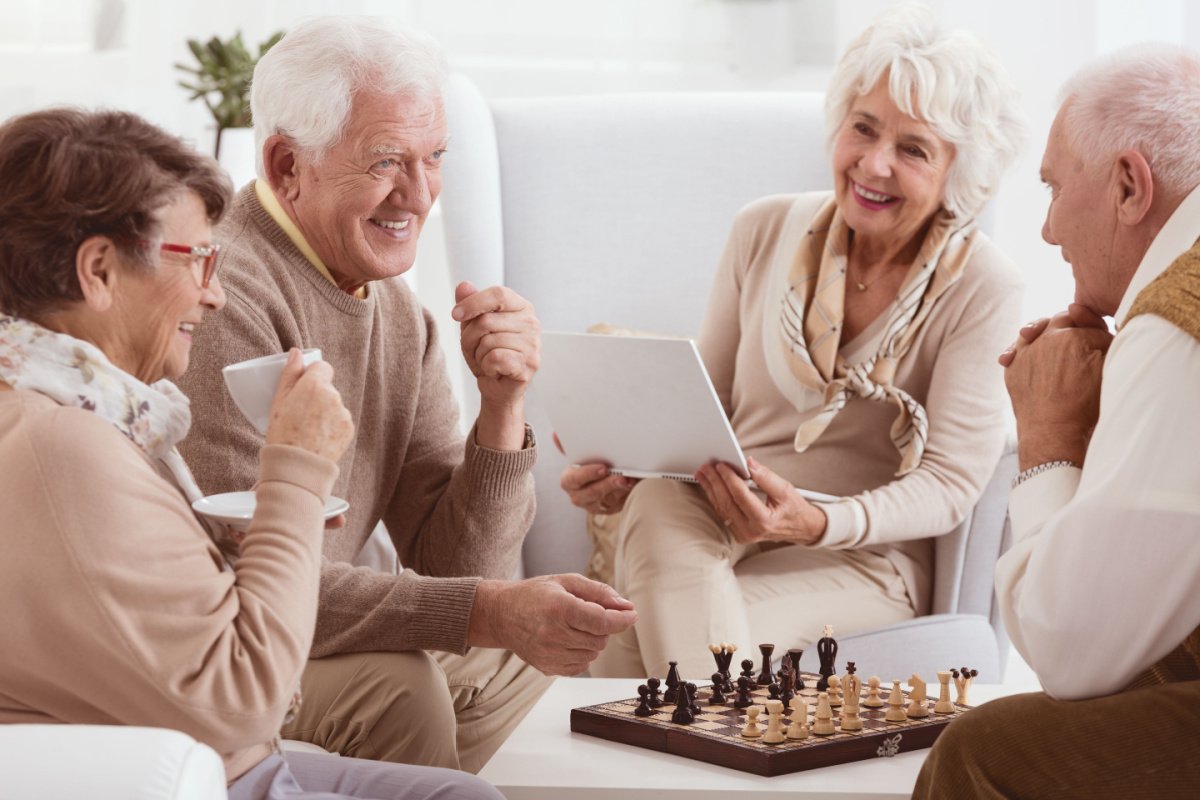Alzheimer's disease is a progressive neurological disorder that can be both emotionally and physically challenging for seniors and their families. To ensure that Alzheimer's patients receive the best possible care, in-home care services are often recommended.
Approximately 6 million senior citizens in the United States have Alzheimer's. If you have a loved one with this disease, your main goal should be providing them with top-notch care.
In-home Alzheimer's care in Gilbert, AZ, provides an array of benefits for seniors living with Alzheimer’s, including personalized attention, comfort, safety, support, and companionship.
In-home care is beneficial for people living with this memory disease and here are some reasons why.
Beneficial For Family Caregivers
In-home Alzheimer's care in Gilbert, AZ, is beneficial for family members who are caring for Alzheimer's patients. It can help reduce the stress, weariness, and fatigue that often come with providing round-the-clock care to a loved one with Alzheimer’s.
Family caregivers can take advantage of respite care services, which provide temporary relief from the demands of Alzheimer’s care.
Alzheimer's Patients Can Get Assistance With Daily Tasks
In-home caregivers can provide comprehensive care for seniors with Alzheimer's. These professionals understand the symptoms and progression of Alzheimer's disease, which enables them to tailor their care to the individual needs of the senior.
\
Professional caregivers can assist Alzheimer's patients with activities of daily living, such as:
Bathing
Dressing
Eating
Taking medication
In-home Alzheimer's care in Gilbert, AZ, can provide compassionate assistance while promoting safety and well-being. With the help of professional caregivers, individuals living with Alzheimer's can remain in their homes longer and enjoy a better quality of life.
Professional Caregivers Can Deal With Challenging Behaviors
Caregivers who provide in-home Alzheimer's care in Gilbert, AZ, are highly experienced in managing challenging behaviors associated with the disease. They have extensive knowledge and experience in understanding the confusing behavior that often accompanies it.
The types of behaviors associated with Alzheimer's can include:
Agitation
Aggression
Wandering
Sundowning Syndrome
Caregivers can create strategies to help manage these behaviors and make living with the disease more bearable for seniors and their families.
Allow Elderly Love Ones To Retain Their Independence
For elderly individuals living with Alzheimer's, in-home care services can provide a safe and comfortable environment for them to remain independent for longer periods of time. Homecare services are tailored to meet the individual needs of seniors with Alzheimer's and take into consideration the progressive changes associated with the disease.
The longer a senior citizen can live in their home, the happier they will be. If you want to provide an elderly loved one with the opportunity to age in place, working with professionals that provide in-home care to Alzheimer's patients is crucial.
We Provide Alzheimer's Care in Gilbert, AZ
Caring for a senior citizen with Alzheimer's is extremely challenging. If you need help caring for a loved one with this memory disease, reach out to the team at Like Family Home Care.










